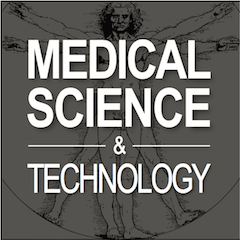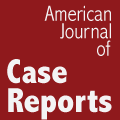Adiponectin concentrations and insulin resistance in males attending early cardiac rehabilitation
Barbara Kopff, Katarzyna Szmigielska, Anna Jegier
Med Sci Tech 2008; 49(3): RA163-168
ID: 881612
Available online:
Published: 2008-03-21
Introduction: The aim of the study was assessment of adiponectin serum concentrations and insulin resistance in male patients attending 8 weeks early cardiac rehabilitation (ECR). Material and methods: The study was prospective observation of 38 males attending ECR program after primary PCI. The exclusion criterion was diabetes mellitus. The adiponectin, insulin and glucose serum concentrations were assayed twice before and after ECR. Insulin resistance was assessed by HOMA-IR, updated HOMA2-IR, and QUICKI methods. Results: Study subjects were males aged average 53.34±6.7 years. Body mass index (BMI) of the subjects entering the study was 28.32±3.52 kg/m2. Only 4 subjects had normal BMI (below 25 kg/m2). Anthropometric parameters did not change significantly after ECR. The adiponectin concentration in subjects entering the study was 466,3±313,7 μg/dl (median 347,2 μg/dl) and did not change significantly after ECR. Also glucose and insulin concentrations did not differ significantly between beginning and the end of the rehabilitation, consequently the insulin resistance did not change. Before and after the rehabilitation adiponectin concentrations correlated in reciprocal way with insulin and HOMA and in linear way with QUICKI. Conclusions: In male patients after PCI due to ACS, attending ECR neither adiponectin nor insulin serum concentrations changed. These and the lack of insulin resistance improvement can be explained by the fact that the intensity and amount of physical activity contained in the ECR could be not sufficient. Correlation of serum adiponectin concentrations with insulin resistance stays in line with the known influence of adiponectin on insulin action. (Clin Exp Med Lett 2008; 49(3): 163-168)
Keywords: Adiponectin, Insulin Resistance, cardiac rehabilitation, coronary heart disease



